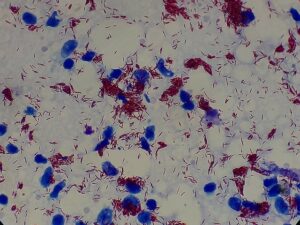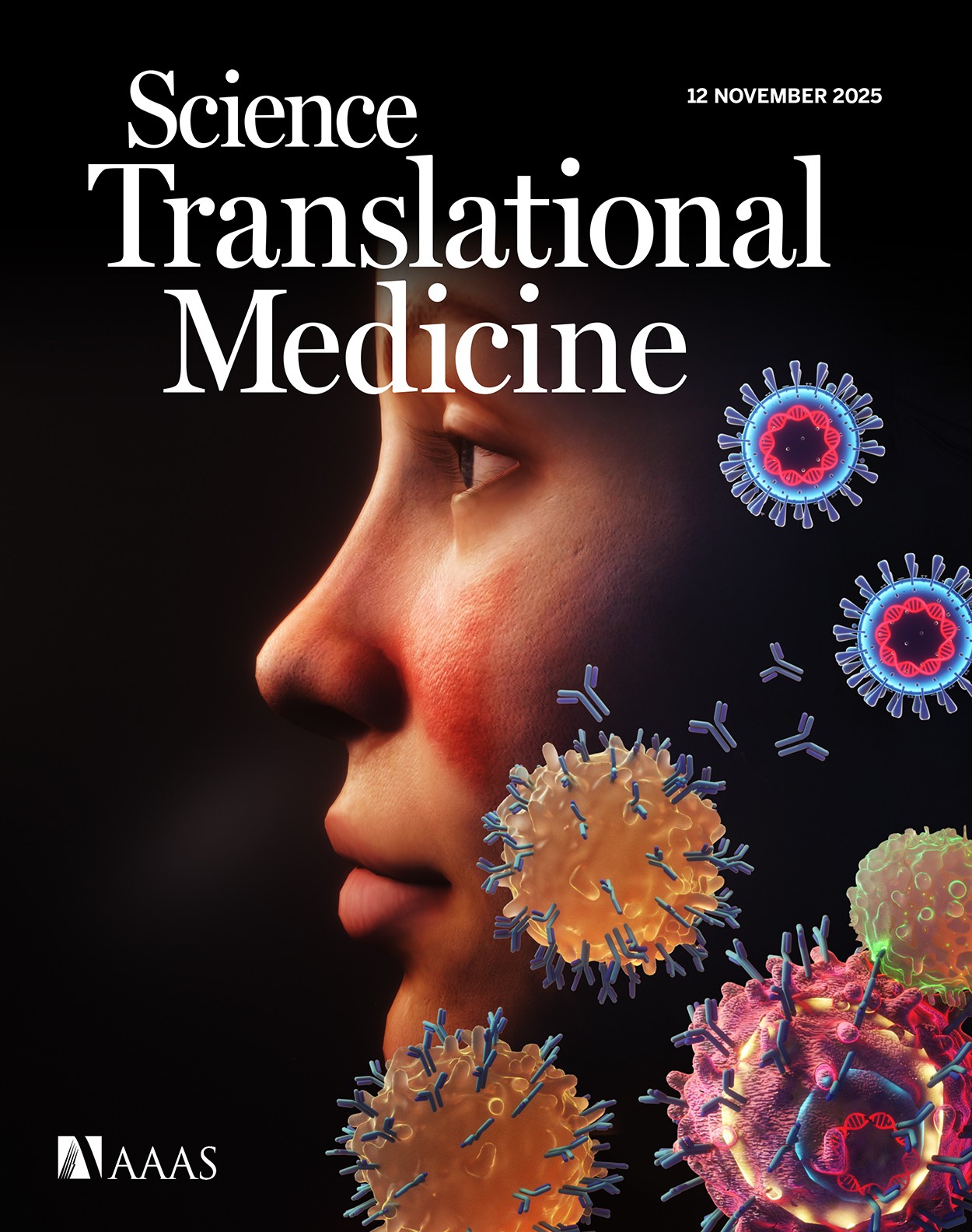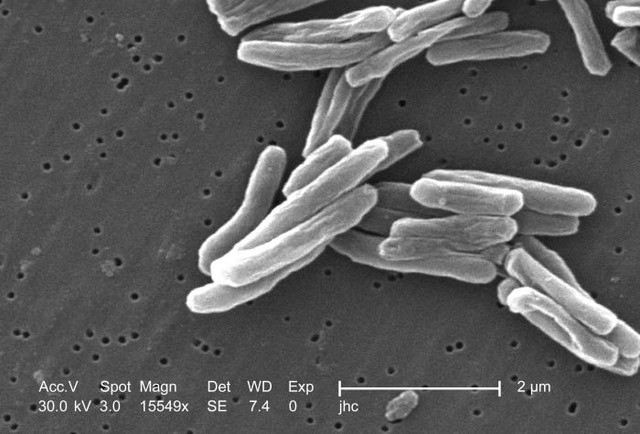Key findings from clinical trials conducted as part of the endTB project, which aimed to improve treatment for the most difficult form of tuberculosis. 19 October 2025

Two recent publications summarized the main findings of clinical trials conducted as part of the endTB project, which aimed to improve treatment for the most difficult form of tuberculosis to treat, rifampicin-resistant tuberculosis (RR-TB).
In the first publication (New England Journal of Medicine 2025: https://doi.org/10.1056/NEJMoa2400327), the endTB trial identified three new 9-month, all-oral treatment regimens for fluoroquinolone-sensitive RR-TB, offering new treatment options for adults, children, and pregnant/breastfeeding women. In the second publication (Lancet Respiratory Medicine 2025: https://doi.org/10.1016/S2213-2600(25)00194-8), the results of the endTB-Q trial led to the development of a 6- to 9-month treatment regimen for fluoroquinolone-resistant RR-TB, with the duration defined according to a personalized medicine approach. endTB treatments have already been included among the treatment regimens recommended by the World Health Organization in 2024.
This work was co-coordinated by Dr. Lorenzo Guglielmetti, researcher at CIMI and Sorbonne University.
The endTB and endTB-Q trials are the result of a partnership spanning more than ten years between Médecins Sans Frontières (MSF) and Partners In Health and Interactive Research and Development (PHI and IRD). They were funded by Unitaid, with support from MSF, PIH, and IRD for trial implementation and administration, and the participation of many other key partners (Epicentre, Harvard Medical School, Institut de Recherche pour le Développement, Institute of Tropical Medicine, University of California San Francisco).

